Home>Gardening & Outdoor>Landscaping Ideas>How To Kill Weeds And Grass With Vinegar
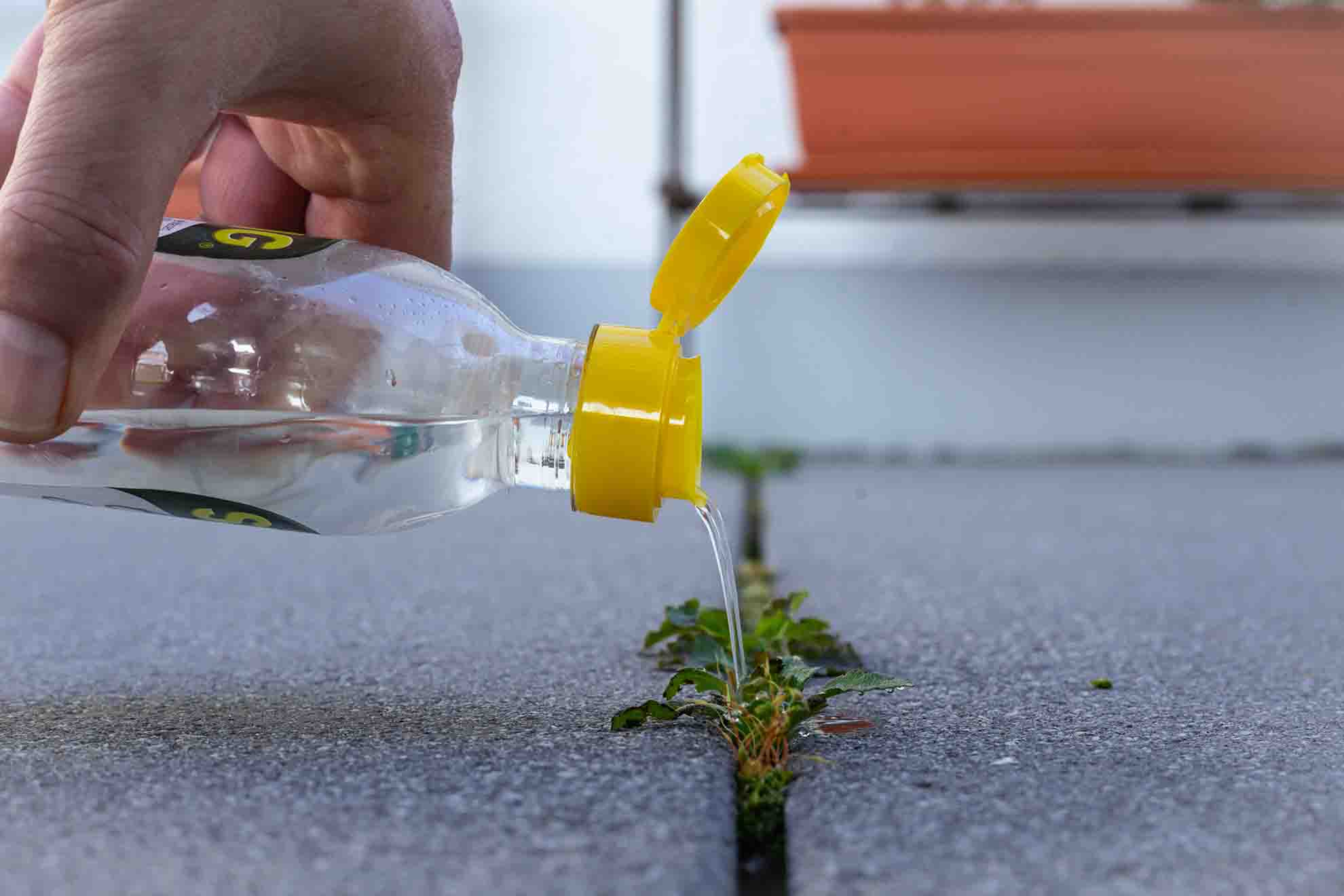

Landscaping Ideas
How To Kill Weeds And Grass With Vinegar
Modified: March 27, 2024
Learn effective landscaping ideas for killing weeds and grass using vinegar. Discover natural solutions for weed control in your garden.
(Many of the links in this article redirect to a specific reviewed product. Your purchase of these products through affiliate links helps to generate commission for Storables.com, at no extra cost. Learn more)
Introduction
Welcome to the world of natural weed and grass control! In your quest for a lush, weed-free landscape, you may have encountered numerous chemical-laden products that promise to eradicate unwanted vegetation. However, if you're seeking an eco-friendly and cost-effective alternative, look no further than vinegar. Yes, that's right – the same pantry staple that adds zest to your salads and flavor to your marinades can also be a potent weapon against pesky weeds and grass.
In this comprehensive guide, we will delve into the art of using vinegar as a weed and grass killer. From understanding the science behind its efficacy to mastering the application techniques, you will gain valuable insights that empower you to reclaim your outdoor spaces without harming the environment.
So, grab a cup of your favorite brew, settle into a comfortable chair, and let's embark on a journey to transform your garden into a thriving oasis, all with the power of vinegar.
Key Takeaways:
- Natural weed and grass control using vinegar offers an eco-friendly and cost-effective alternative to chemical-laden products, harnessing the power of acetic acid to desiccate unwanted vegetation.
- When using vinegar as a weed killer, prioritize safety, precision, and environmental mindfulness. Choose the right concentration, apply with caution, and consider long-term strategies for sustainable weed and grass control.
Read more: How To Kill Grass With Vinegar
Understanding Vinegar as a Weed Killer
Vinegar, a pantry staple and culinary essential, possesses remarkable properties that extend beyond the realm of cooking. The key to its weed-killing prowess lies in its acetic acid content. Typically, household vinegar contains around 5% acetic acid, while horticultural or agricultural vinegar boasts a higher concentration, often 20% or more. This acetic acid is what makes vinegar a formidable adversary to unwanted vegetation.
When applied to weeds and grass, the acetic acid in vinegar works by desiccating, or drying out, the plant tissues. It disrupts the cellular structure of the plants, leading to dehydration and ultimately causing them to wither and perish. Unlike synthetic herbicides, which may pose risks to human health and the environment, vinegar offers a natural and biodegradable alternative for weed control.
It’s important to note that while vinegar is an effective weed killer, it is non-selective, meaning it can harm any plant it comes into contact with, including desirable vegetation. Therefore, precision and caution are crucial when using vinegar in your landscaping endeavors.
Now that we’ve unraveled the science behind vinegar’s weed-killing properties, let’s proceed to explore the precautions and safety measures essential for its responsible use.
Precautions and Safety Measures
Before embarking on your weed-killing mission with vinegar, it’s imperative to prioritize safety and environmental consciousness. While vinegar is a natural substance, its application demands careful consideration to mitigate potential risks and ensure optimal efficacy.
First and foremost, it’s crucial to distinguish between the types of vinegar available for weed control. Household vinegar, typically 5% acetic acid, is suitable for lighter weeding tasks and may require multiple applications for stubborn weeds. On the other hand, horticultural or agricultural vinegar, with a higher concentration of acetic acid (20% or more), is more potent and effective for tackling resilient weeds and grass.
When handling vinegar, particularly in its concentrated form, protective gear such as gloves, goggles, and long-sleeved clothing should be worn to prevent skin and eye irritation. Additionally, exercising caution to avoid inhalation of vinegar fumes is paramount, especially when working in enclosed or poorly ventilated areas.
Given vinegar’s non-selective nature, it’s essential to apply it with precision to minimize unintended damage to desirable plants. Shielding adjacent vegetation during application and employing targeted spraying methods can help prevent collateral harm.
Furthermore, consider the environmental impact of using vinegar as a weed killer. While it is biodegradable, excessive application or runoff into water sources can disrupt ecosystems. Therefore, judicious use and adherence to local regulations regarding herbicide application are vital for minimizing ecological repercussions.
By observing these precautions and safety measures, you can harness the weed-killing potential of vinegar responsibly and effectively. With these considerations in mind, let’s delve into the practical aspects of using vinegar to eliminate weeds and grass from your landscape.
To effectively kill weeds and grass with vinegar, make sure to use a vinegar with a high acetic acid concentration, such as 10-20%. Apply the vinegar on a sunny day when the weeds are actively growing for best results.
How to Use Vinegar to Kill Weeds and Grass
Now that you’re equipped with an understanding of vinegar’s weed-killing properties and the essential precautions, it’s time to delve into the practical application of this natural herbicide alternative. The process of using vinegar to eliminate weeds and grass involves strategic planning and meticulous execution to achieve optimal results.
First, identify the target areas where weeds and grass have encroached upon your landscape. Take note of any nearby desirable plants or vegetation to avoid inadvertent contact with the vinegar solution.
Next, determine the type of vinegar best suited for your weed-killing needs. For smaller or less stubborn weeds, household vinegar (5% acetic acid) can be utilized, while larger or resilient weeds may necessitate the use of horticultural or agricultural vinegar with a higher acetic acid concentration.
Before applying the vinegar, it’s advisable to choose a dry, sunny day for the task. Rain or moisture shortly after application can dilute the vinegar’s effectiveness. Additionally, ensure that there is no forecasted precipitation for at least 24 hours following the treatment to allow the vinegar to work its magic undisturbed.
When preparing the vinegar solution, it’s essential to dilute horticultural or agricultural vinegar with water to achieve the desired concentration for safe and effective application. For household vinegar, direct application without dilution is suitable for lighter weeding tasks.
Armed with the vinegar solution, carefully apply it to the targeted weeds and grass, taking care to avoid contact with desirable plants. Utilize a spray bottle, pump sprayer, or brush to administer the solution, ensuring thorough coverage of the foliage and stems of the unwanted vegetation.
After application, allow the vinegar to permeate the plants for several hours, ideally during a period of sunlight and warmth. The acetic acid will gradually desiccate the plant tissues, causing them to wither and perish over time.
It’s important to monitor the treated areas and reapply the vinegar solution as needed, especially for persistent or deep-rooted weeds. Exercise patience, as the visible effects of vinegar treatment may take a few days to manifest fully.
By following these steps and exercising precision in application, you can harness the potent weed-killing properties of vinegar to reclaim your outdoor spaces from unwanted vegetation. Now, let’s explore some valuable tips for optimizing the effectiveness of vinegar as a natural weed and grass control solution.
Tips for Effective Weed and Grass Control
As you embark on your journey to harness the weed-killing potential of vinegar, consider the following tips to optimize its effectiveness and achieve successful weed and grass control in your landscape:
- Timing Is Key: Apply vinegar to weeds and grass during the sunniest part of the day when the plants are actively growing. This allows the acetic acid to penetrate more effectively, enhancing its desiccating effects.
- Use the Right Vinegar Concentration: Tailor the concentration of the vinegar solution to the specific weed or grass species you’re targeting. For tougher weeds, opt for higher acetic acid concentrations to ensure thorough eradication.
- Reapplication for Stubborn Weeds: Persistent or deep-rooted weeds may require multiple applications of vinegar to achieve complete control. Monitor the treated areas and reapply the solution as needed to effectively combat resilient vegetation.
- Protect Desirable Plants: Shield nearby plants and vegetation from accidental vinegar contact by using barriers or shields during application. Exercise caution to prevent unintended damage to desirable flora.
- Consider Long-Term Solutions: While vinegar offers a natural and immediate weed-killing solution, consider implementing long-term strategies such as mulching, regular maintenance, and preventive measures to minimize weed and grass growth in the future.
- Environmental Awareness: Be mindful of the environmental impact of using vinegar as a herbicide. Avoid excessive runoff into water sources and adhere to local regulations governing herbicide application to mitigate ecological repercussions.
- Patience and Observation: Allow time for the vinegar treatment to take effect, as visible wilting and desiccation of weeds and grass may not be immediate. Monitor the treated areas and adjust your approach based on the response of the vegetation.
By incorporating these tips into your weed and grass control endeavors, you can harness the power of vinegar as a natural and eco-friendly alternative to synthetic herbicides. With strategic application and a thoughtful approach, you can achieve a thriving and weed-free landscape while minimizing harm to the environment.
Now, armed with a wealth of knowledge on vinegar’s weed-killing capabilities and practical application techniques, you are poised to transform your outdoor spaces into vibrant havens, all with the natural potency of vinegar. As we conclude our exploration of vinegar as a weed and grass killer, you are empowered to embark on your weed control journey with confidence and environmental mindfulness.
Read more: How To Kill Weeds In The Grass
Conclusion
Congratulations on delving into the world of natural weed and grass control with vinegar as your ally! Throughout this comprehensive guide, we’ve unraveled the science behind vinegar’s weed-killing properties, explored essential precautions, and delved into the practical application of this eco-friendly herbicide alternative. Armed with this knowledge, you are well-equipped to embark on a journey toward reclaiming your outdoor spaces from unwanted vegetation while prioritizing environmental consciousness.
Vinegar, with its acetic acid prowess, offers a compelling solution for weed and grass control without the environmental and health concerns associated with synthetic herbicides. By understanding the nuances of vinegar application, from choosing the right concentration to exercising precision in targeting unwanted vegetation, you can harness its potent weed-killing effects effectively and responsibly.
As you venture into your weed and grass control endeavors, remember that patience, observation, and environmental mindfulness are key allies in your quest for a thriving and sustainable landscape. By incorporating long-term strategies and optimizing the use of vinegar with the tips provided, you can achieve lasting weed and grass control while minimizing harm to the ecosystem.
With each targeted application of vinegar, you are not only eliminating weeds and grass but also contributing to a greener, more sustainable approach to landscaping. Your commitment to natural weed control aligns with a broader movement toward eco-conscious practices, making a positive impact on your immediate surroundings and the environment at large.
As you witness the transformative effects of vinegar on unwanted vegetation, take pride in your role as a steward of the environment, employing natural solutions to enhance the beauty and vitality of your outdoor spaces. Your journey with vinegar as a weed and grass killer is a testament to the harmonious coexistence of effective weed control and environmental stewardship.
Armed with the knowledge and insights gleaned from this guide, you are poised to embark on your weed control journey with confidence and a deepened appreciation for the natural potency of vinegar. Embrace the transformative power of this pantry staple as you cultivate a landscape that thrives in harmony with nature, free from the encumbrance of unwanted weeds and grass.
Frequently Asked Questions about How To Kill Weeds And Grass With Vinegar
Was this page helpful?
At Storables.com, we guarantee accurate and reliable information. Our content, validated by Expert Board Contributors, is crafted following stringent Editorial Policies. We're committed to providing you with well-researched, expert-backed insights for all your informational needs.
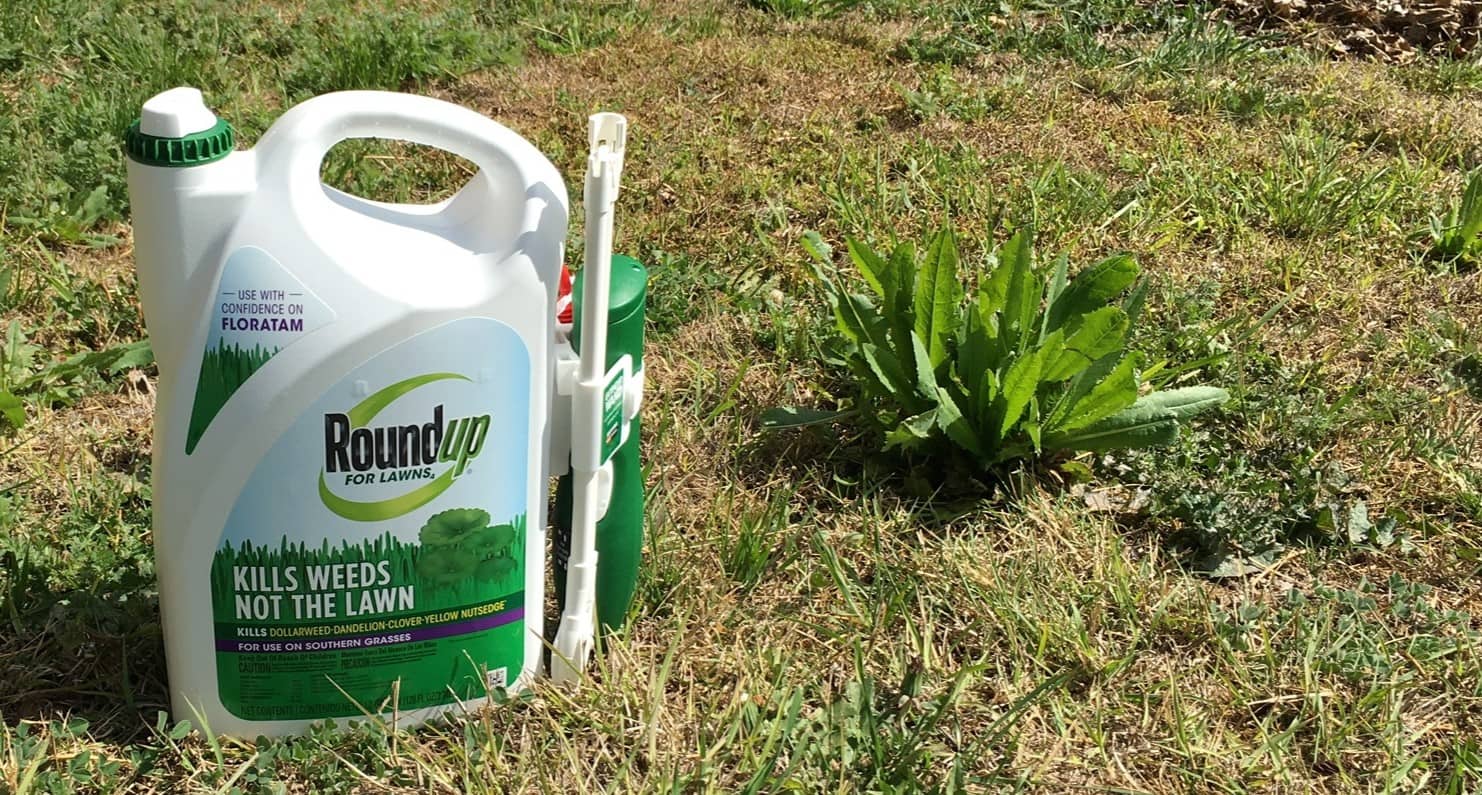
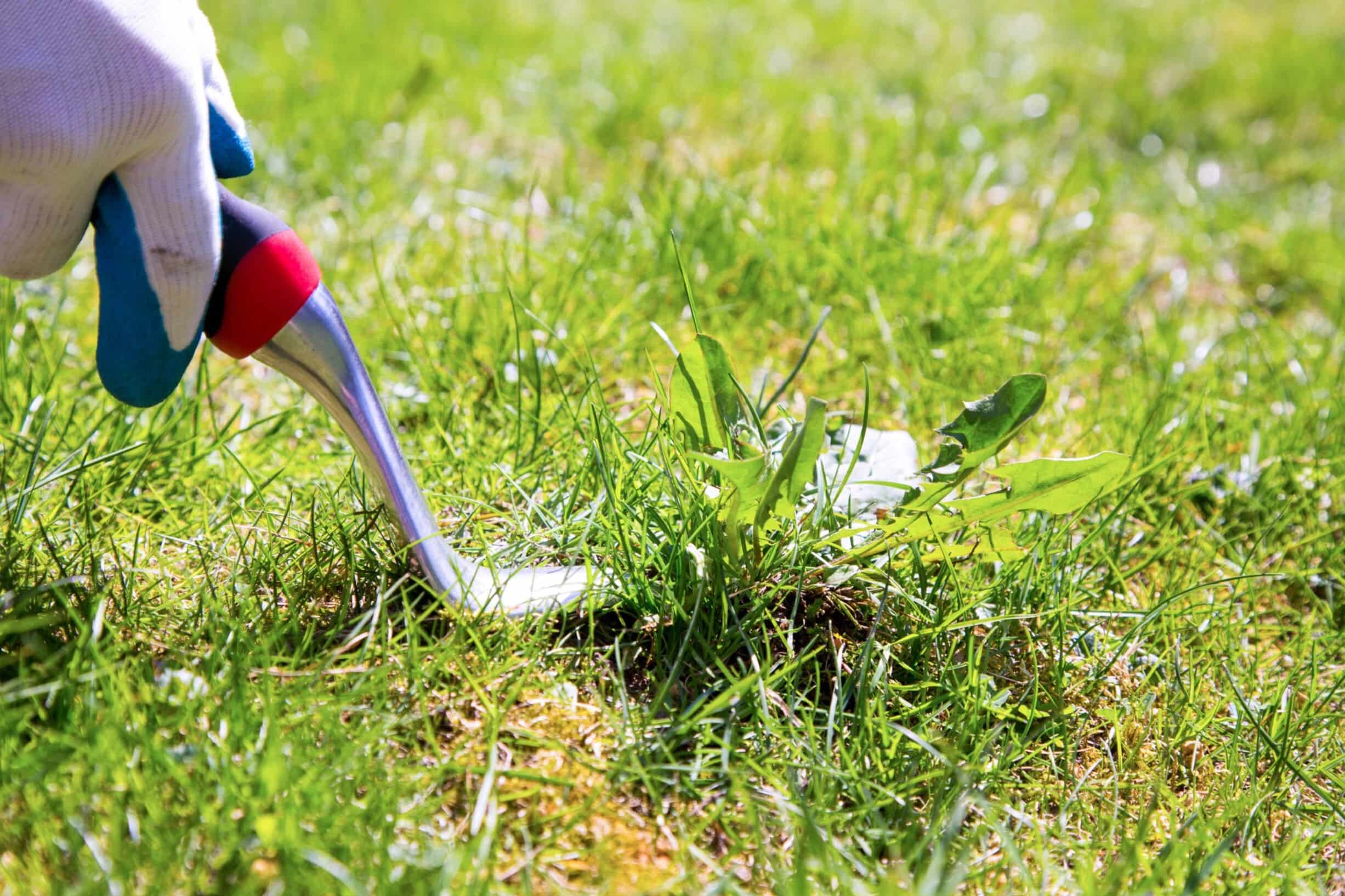
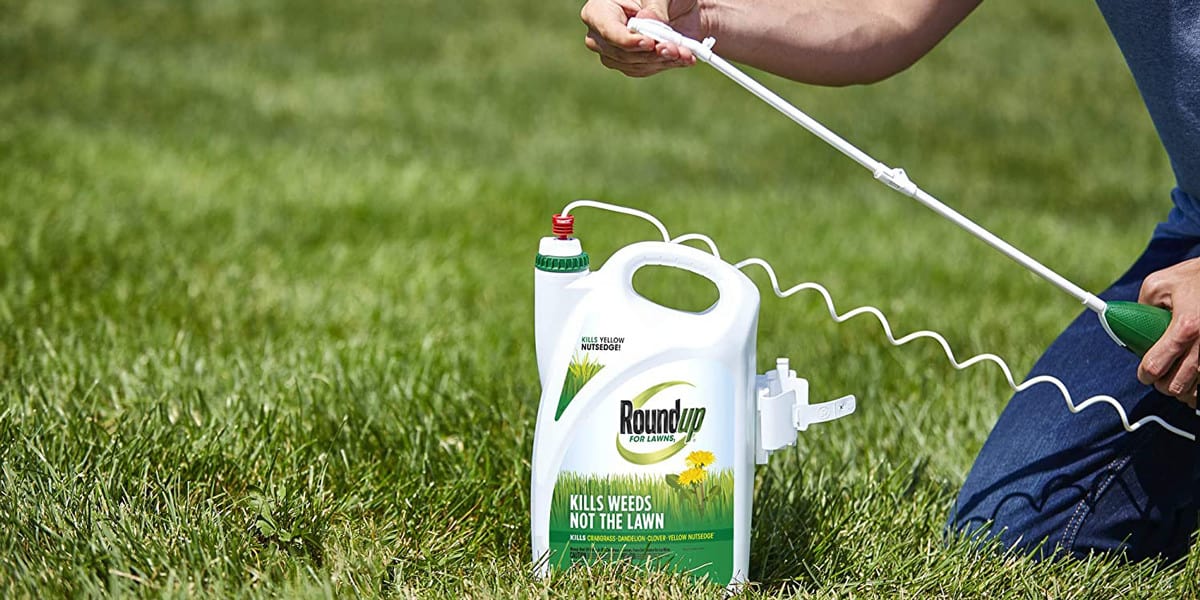
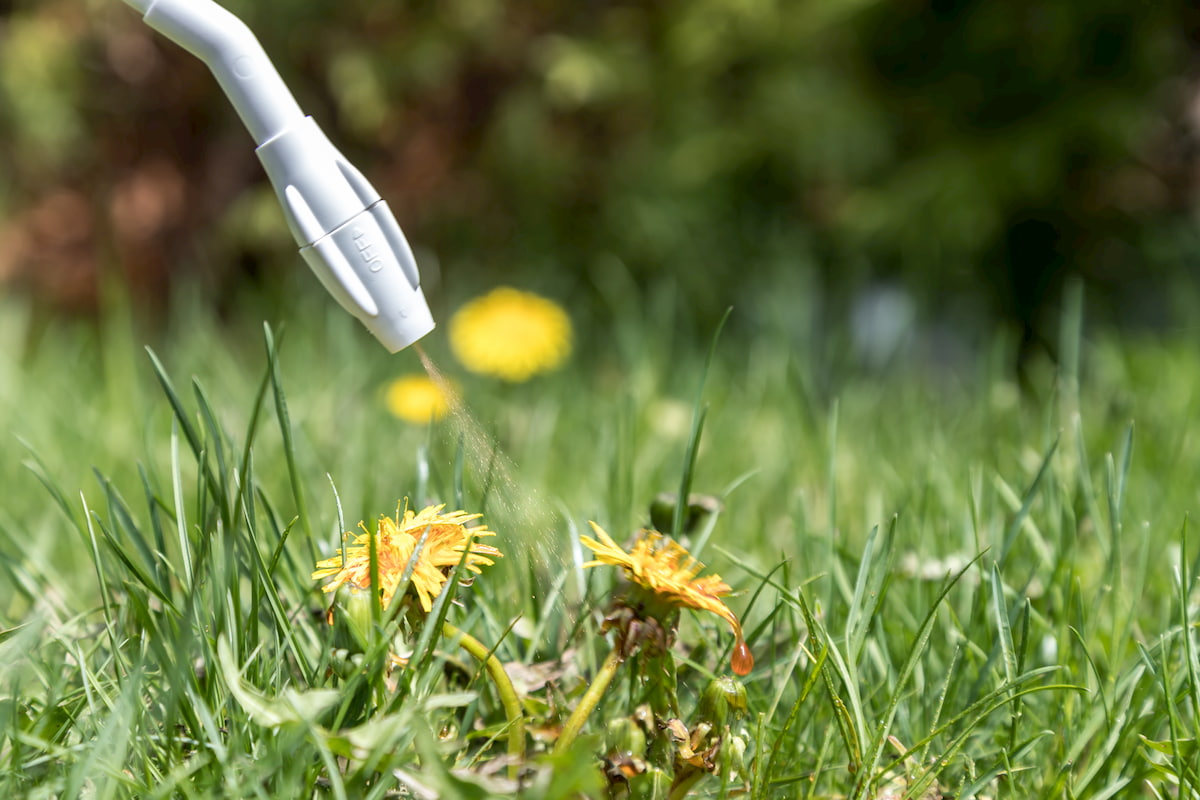
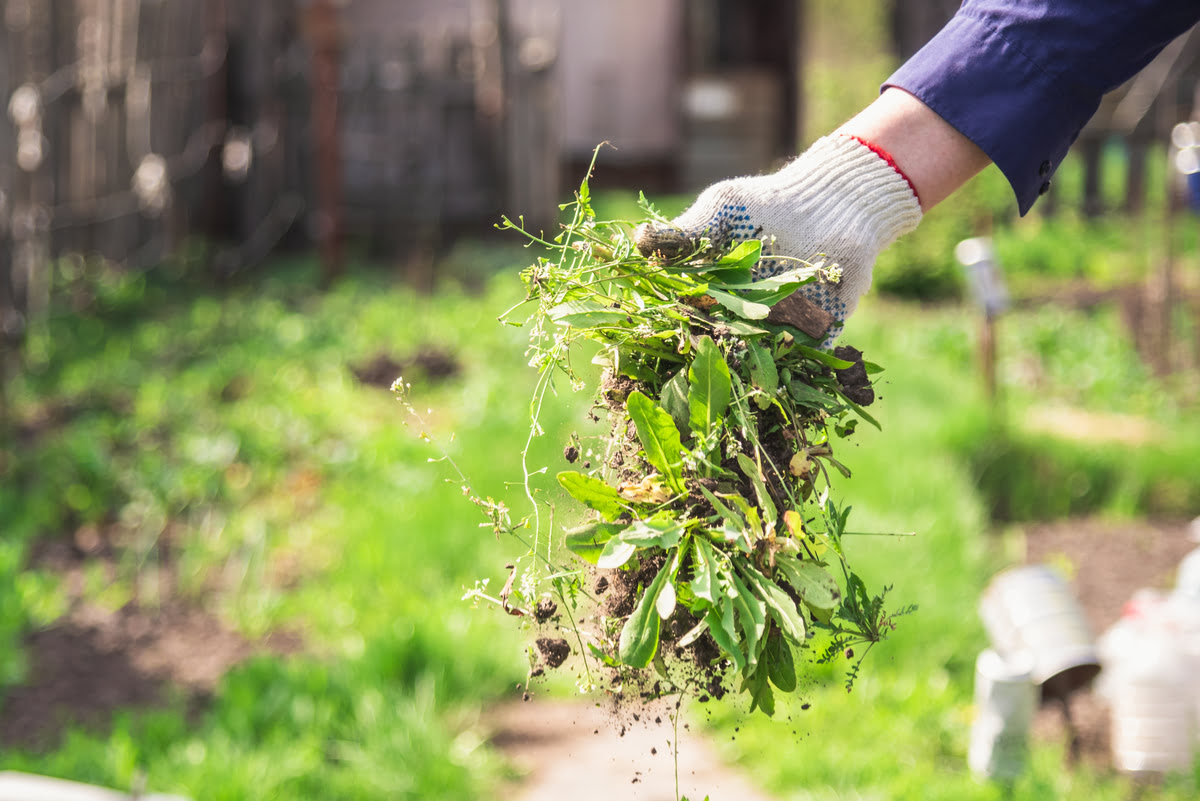
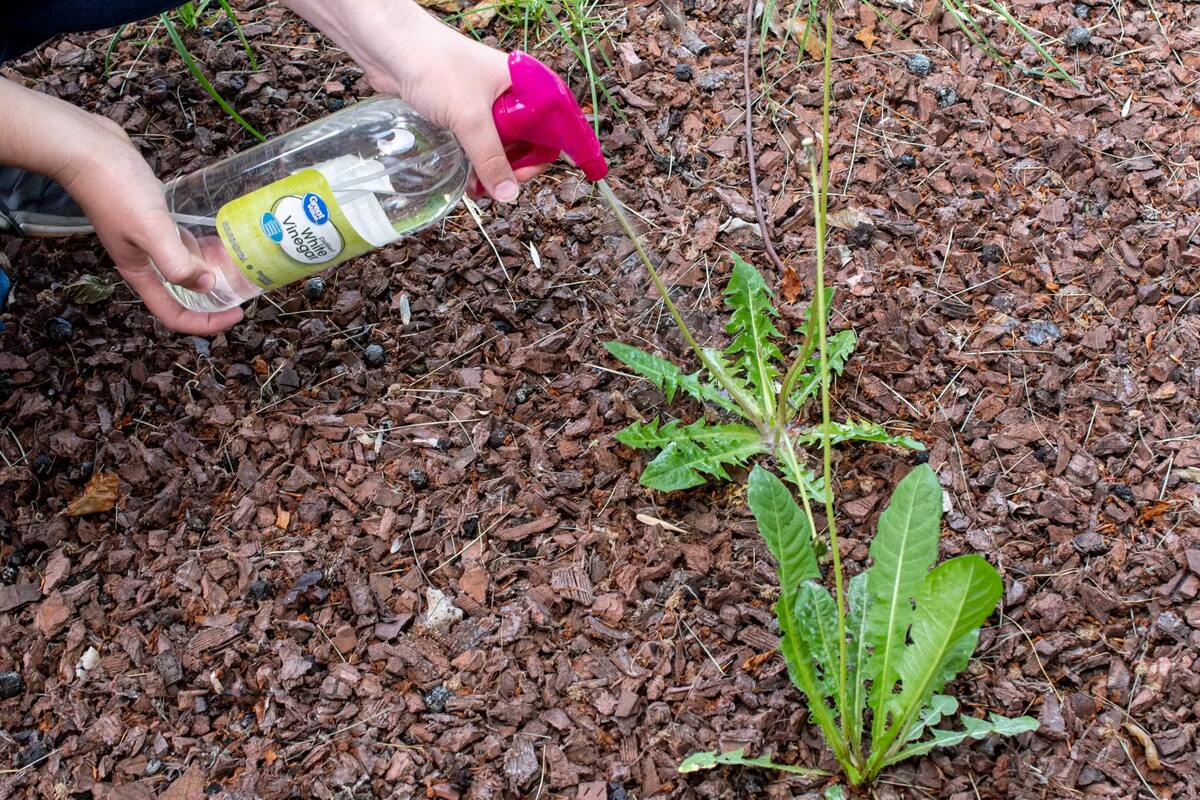
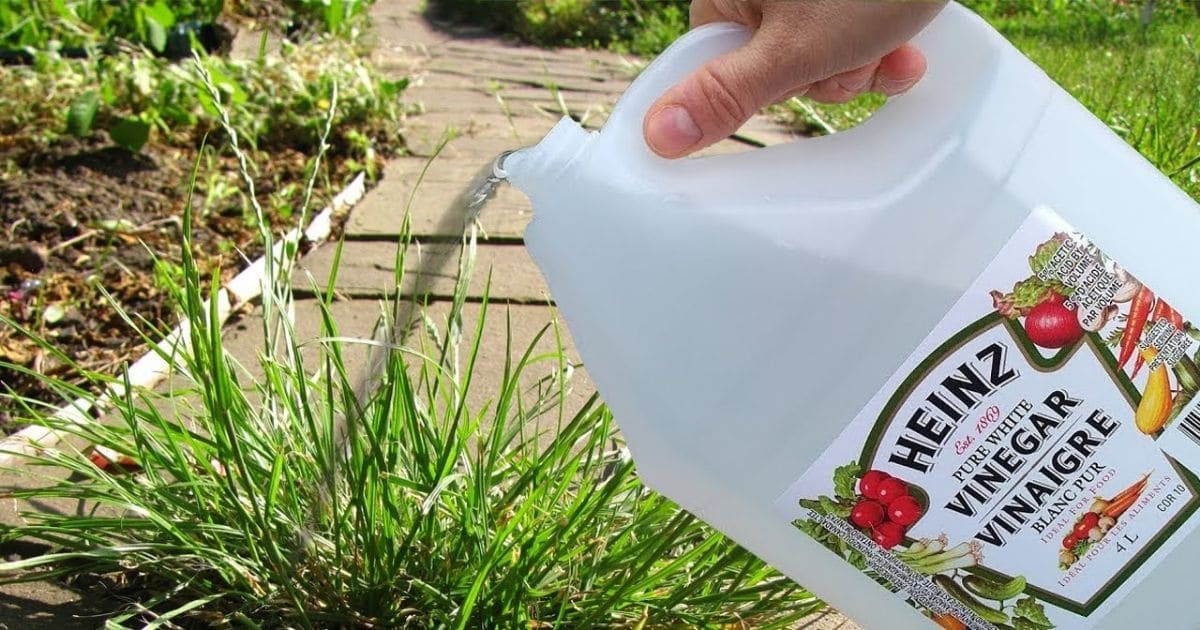
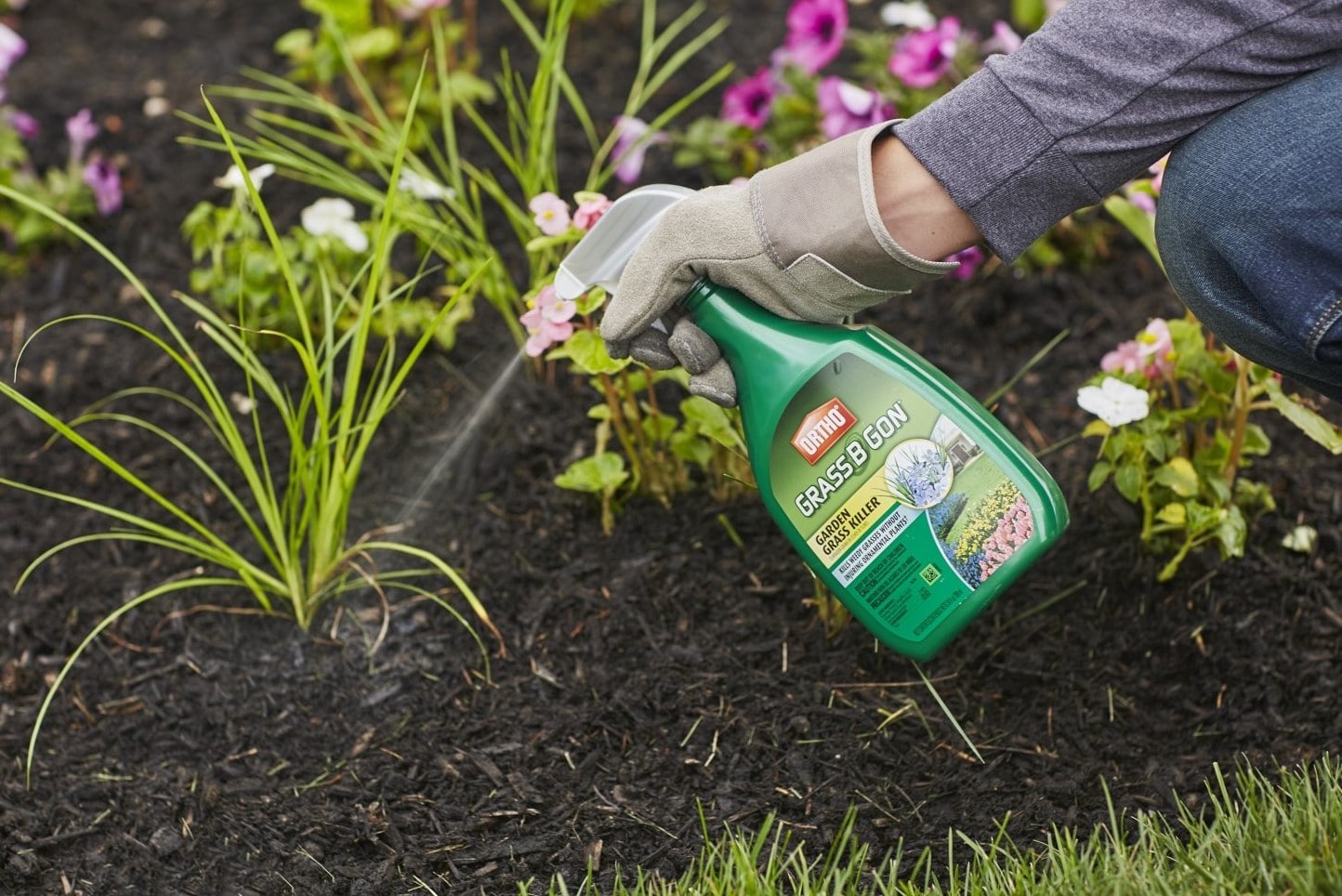


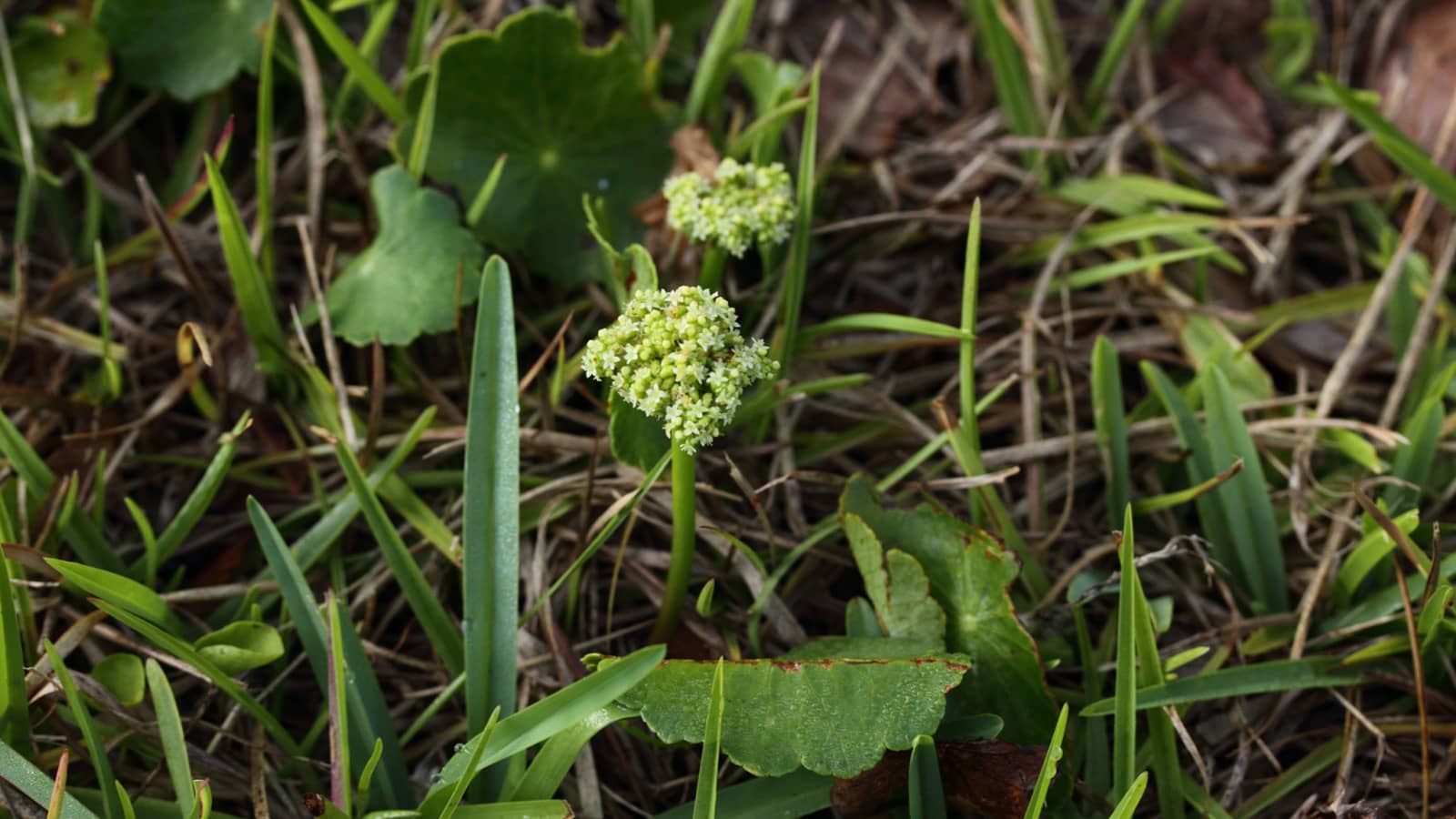
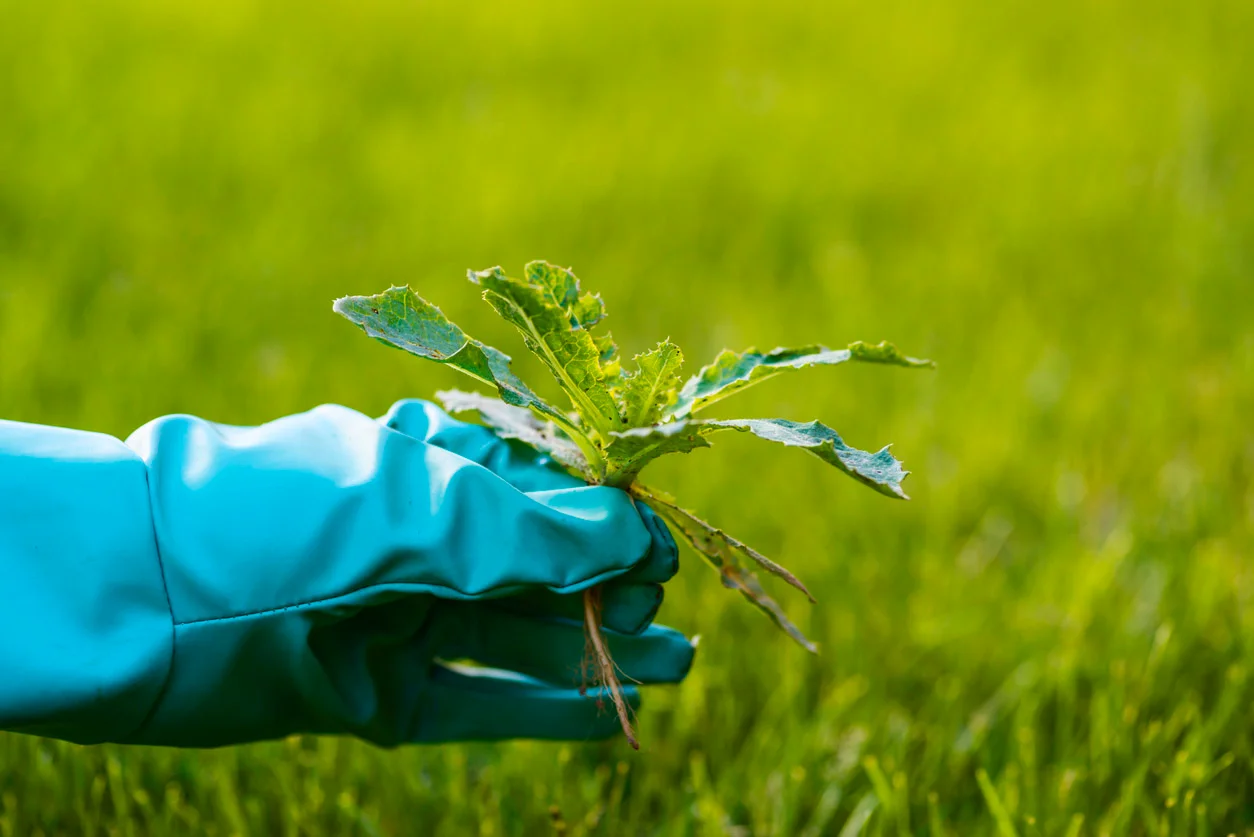
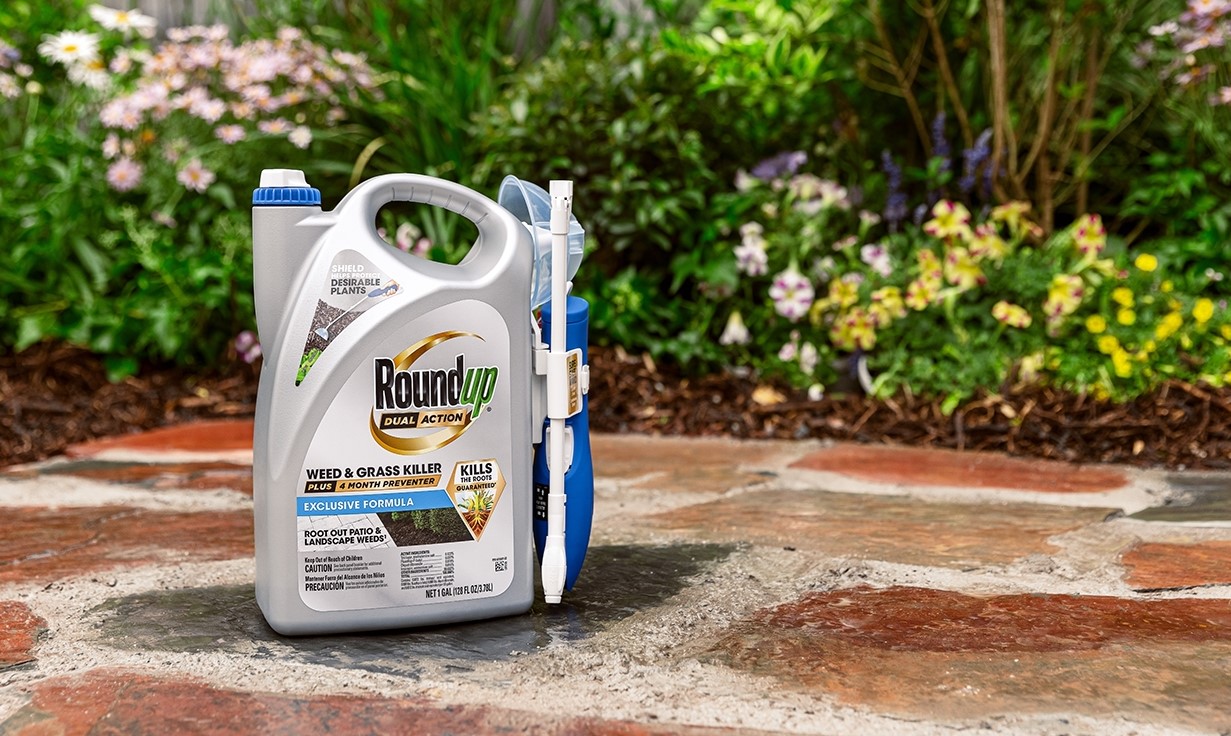
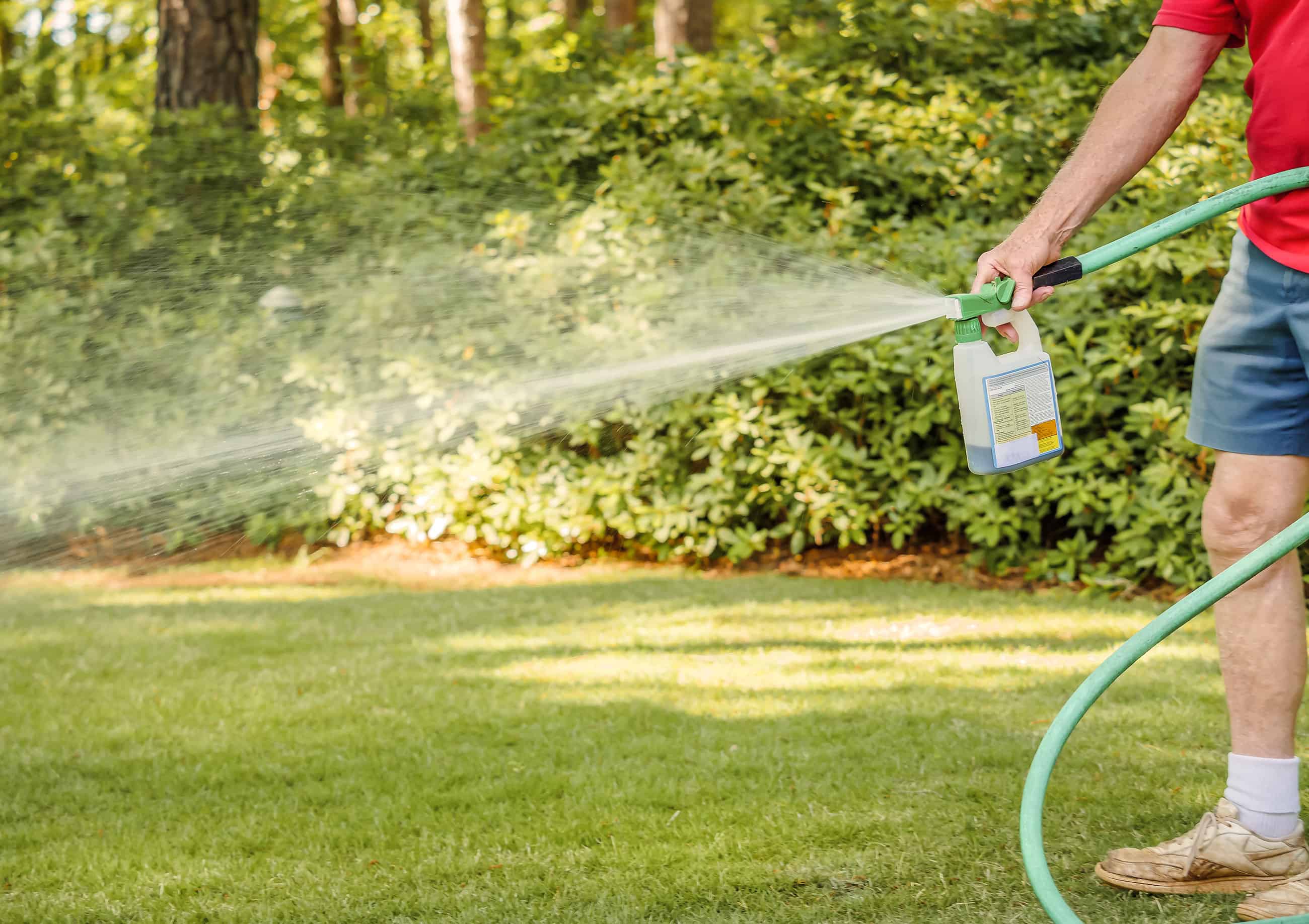

0 thoughts on “How To Kill Weeds And Grass With Vinegar”